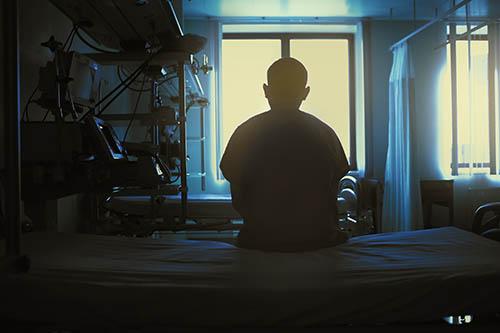
Delivering twice-weekly sessions of cognitive behavioural therapy (CBT) or interpersonal psychotherapy (IPT) in the treatment of major depressive disorder (MDD) may lead to better outcomes compared with a weekly session, a study has found.
Two hundred adults with MDD were randomized in a two-by-two factorial design to attend once- or twice-weekly sessions of CBT (n=49 and n=49, respectively) or IPT (n=55 and n=47, respectively) over 16–24 weeks, up to a maximum of 20. Depression severity was evaluated using the Beck Depression Inventory-II at baseline, week 2, and months 1, 2, 3, 4, 5 and 6 after start of the intervention.
Mean age of the population was 37.85 years, and 61.5 percent of participants were women. Mean baseline Beck Depression Inventory-II score was 34.70 (0–13 indicated minimal, 14–19 mild, 20–28 moderate and 29–63 severe depression). Less than half of the patients (43.3 percent) had recurrent depression, and self-reported duration of symptoms was 40.87 months.
Compared with patients who received weekly sessions, those who underwent twice-weekly sessions exhibited significantly greater improvements in depressive symptoms (estimated mean difference at month 6, 3.85 points), lower attrition rates (16 vs 32), as well as higher rate of response (hazard ratio, 1.48, 95 percent confidence interval, 1.00–2.18). The effect of session frequency was similar in CBT and IPT groups.
The present data point to the possibility of delivering twice weekly sessions, which is promising with regard to future implementation, researchers said.